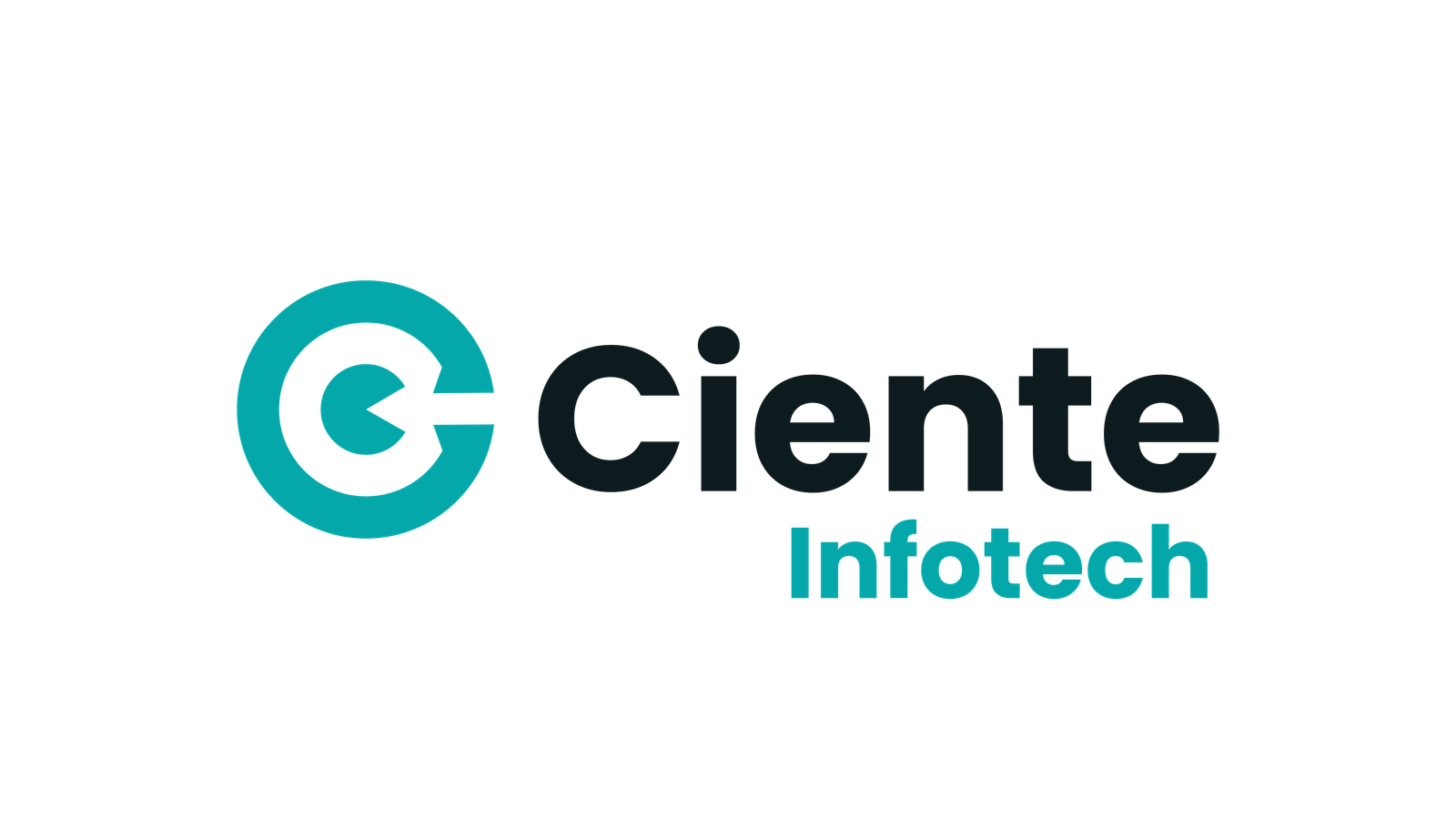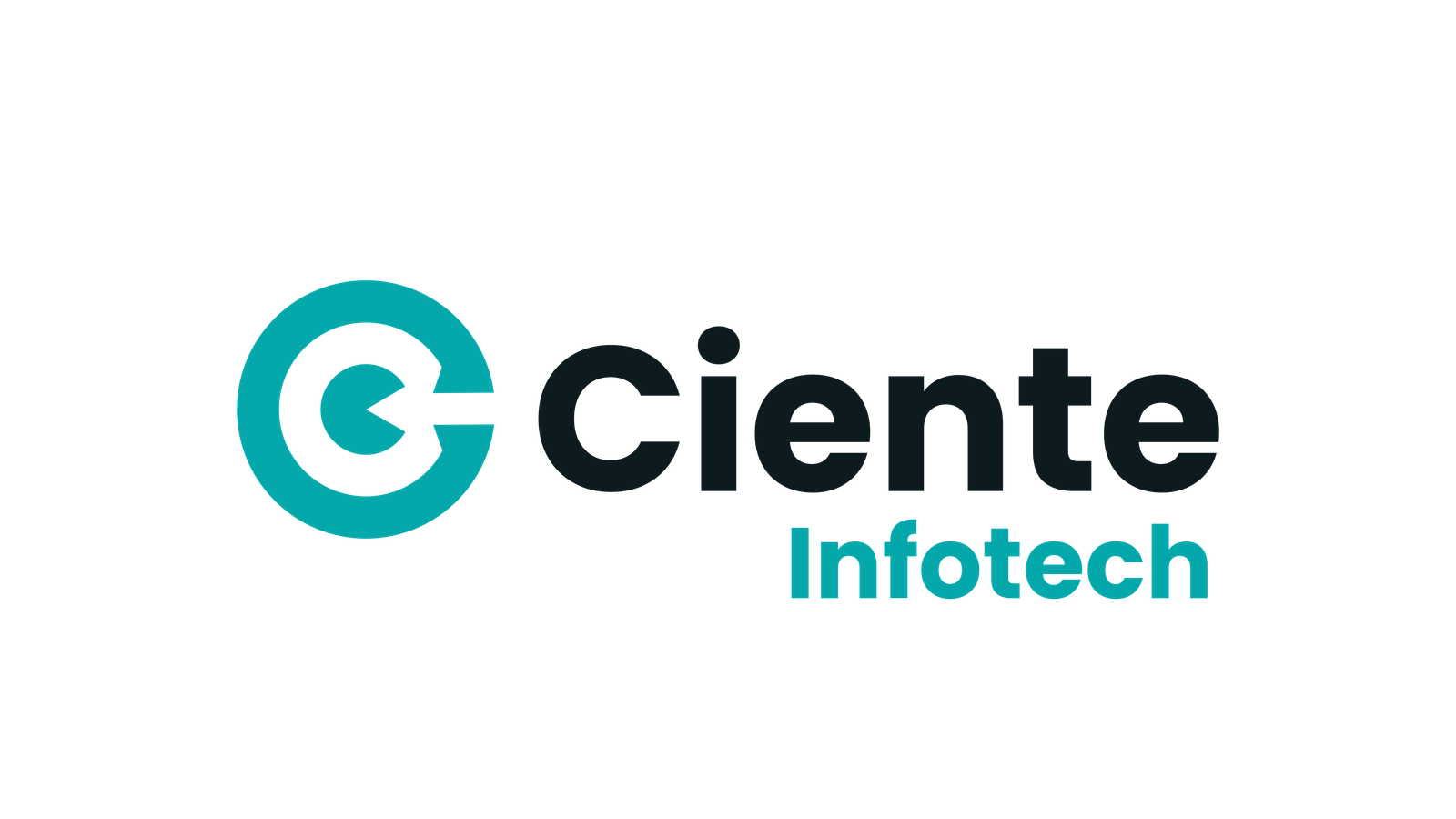NEWS PROVIDED BYVoiceitt, Inc.
Jul 01, 2024, 11:00 ET
In a program facilitated by Newlab, Voiceitt demonstrates the flexibility and inclusivity of its next-generation speech recognition technology for individuals who are English-speaking Deaf and hard-of-hearing with non-standard speech.
TEL AVIV, Israel and STAMFORD, Conn., July 1, 2024 /PRNewswire/ — Voiceitt, the Israel-based leader in speech recognition technology for non-standard speech, announced today the successful completion of a joint pilot validating its inclusive voice AI with Deaf and hard-of-hearing individuals. Voiceitt’s technology was built with and for people with non-standard speech, and its unique speech database includes speech recordings from people with impaired and atypical speech to augment and improve Voiceitt’s voice AI models. This database of non-standard speech allows Voiceitt to provide a more inclusive and accurate experience. Voiceitt further improves its recognition of non-standard speech by providing personalized recognition for individuals who provide a minimum of 200 recordings.
The pilot was facilitated by Newlab, a deep tech venture platform that works closely with innovators as they build, pilot, and scale frontier technologies. The goal of the pilot was to demonstrate an improved accuracy with Voiceitt’s speech recognition with Deaf accented speech and provide qualitative insights to evaluate impactful use cases for voice AI among Deaf and hard of hearing individuals.
Jamie LePinnet, the Director at Newlab who facilitated the pilot, said, “The Voiceitt pilot is directly in line with the goals of the Studio to pilot with startups working on impact-driven advancements in language services. The success of the pilot sets the stage for strategic collaborations that can have a far-reaching impact on customers, and the community at large.”
According to the Hearing Loss Association of America, 48 million Americans have some degree of hearing loss. While the adoption of voice enabled smart speakers and other devices has increased, people with non-standard speech due to being Deaf or hard of hearing are often not able to access and enjoy these devices, which pilot participants noted “rarely understands their speech”. Aside from the convenience of speech recognition over typing, some participants noted that interpreters working with Deaf individuals do not always accurately represent what the speaker aims to express. Another pilot participant explained that when individuals are discussing a sensitive topic, they may prefer not to have a third-party interpreter present, and inclusive speech recognition would help prevent “communication breakdown”, and help them be better understood.
“Speech recognition technology is incredibly valuable for the Deaf community,” said Tyler Pujeda, a heart researcher in Boston who participated in the pilot and is now an active user of Voiceitt’s application. “New inclusive products can help us feel listened to and understood.”
The pilot also analyzed quantitative results of Voiceitt’s proprietary speech recognition software, and compared Voiceitt with the industry’s leading providers of speech recognition, measuring accuracy using the word error rate (WER) metric. Deaf users in this pilot obtained an average of 8% WER (more than 90% accuracy) after training the system with 200 recordings. Voiceitt’s system also achieved higher accuracy than leading industry software for the Deaf speakers with non-standard speech who participated in the pilot, even with no training at all.
Dr. Rachel Levy, a speech pathologist and Voiceitt’s customer success manager, emphasized that while Voiceitt has historically focused on individuals with a diverse range of speech impairments, this pilot offered a unique opportunity. “This pilot validated Voiceitt’s compatibility and increased accuracy with Deaf voices,” Dr. Levy said. “However, its greatest impact resulted from the feedback and insights collected from pilot participants which has directly impacted the development of solutions geared towards the needs and preferences of the Deaf community and the other communities we serve and support.”
ABOUT VOICEITT
Voiceitt’s mission is to help people with disabilities live more connected, independent lives. Voiceitt’s proprietary automatic speech recognition (ASR) enables people with non-standard speech to access mainstream voice technologies, communicate by voice, and be understood. Voiceitt has been highlighted in international media, including Forbes, Amazon Science, BBC, and The New York Times. Investors include Cisco Investments, the Amazon Alexa Fund, AARP, and Microsoft’s M12. Voiceitt was founded in 2012 and is headquartered in Israel with a subsidiary in Stamford, CT. Visit www.voiceitt.com to learn more.
ABOUT NEWLAB
Newlab is a venture platform built to decarbonize the economy. We take a place-based approach to de-risking technology, accelerating deep tech startups, and driving economic development. Newlab has 3 locations globally.
Today, Newlab includes more than 1,000 entrepreneurs, partnerships with forward-thinking corporate and civic entities, and a network of active investors—all working together to scale deep tech. To date, Newlab has supported its 300+ member companies in raising over $5.8B from venture capital firms, with over $2.3B of successful exits and a collective valuation of over $20B. Visit www.newlab.com to learn more.
Contacts
Media Contacts:
For Voiceitt:
Sara Smolley, Co-Founder and VP of Partnerships
sara@voiceitt.com
SOURCE Voiceitt, Inc.



